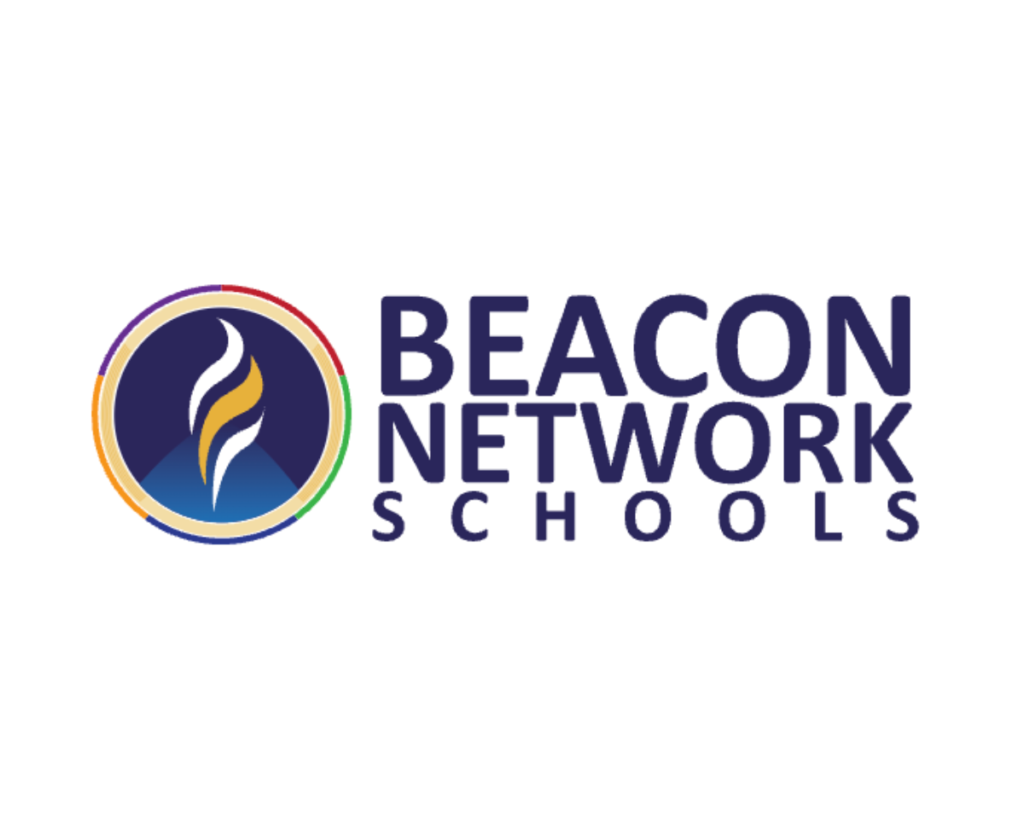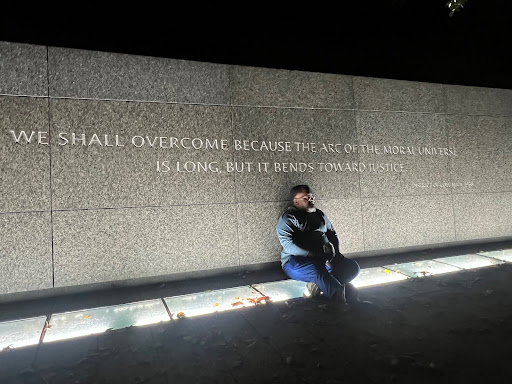Editor’s note: This piece was written by Eliot Lewis, chair of Beacon Network Schools innovation zone’s board of directors.
In the end, what matters in a public education? What is important and distinguishes a great education from a fair education? What, in hindsight, makes you proud of the work you did?
These are questions I’ve been asking myself, as president of the Beacon Network Board of Directors, as Denver Public Schools and its board continue to make moves that threaten to undermine everything we have built in our two-school innovation zone.
The DPS board and leadership seem more interested in imposing their will and reining in innovative practices than in focusing on what we at Beacon Network Schools are doing to serve our students. They seem hung up on governance structures and other ‘administrivia’ at the expense of supporting a program that has demonstrated success with a diverse student population.
At the Beacon Network we believe a great public education is about outcomes. Yes, that includes performance on tests, where we still have room for improvement.

But more important, we believe a great public education creates great people; contributing, informed, engaged citizens with a passion for learning.
At the Beacon Network this is our focus. We are proud that you entrust us with your students. In turn, we strive to create a personalized learning environment that empowers your students to guide their own education.
Innovation empowers that creativity. Innovation fosters an environment of autonomy and flexibility that allows educators to develop lesson plans that are beyond ordinary. It fosters an environment where educators develop lesson plans that meet students where they are.
A great public education is also about educators, and all school personnel. You don’t get into education because you get your summers off. You get into education because you are called, drawn to teach students content, reading, writing, math, science, and history.
On a larger scale, educators are drawn to imparting a love of learning to their students. A true lesson learned doesn’t come from without but within. This too is a part of Innovation focus at the Beacon Network. We seek to empower educators to stoke that belief. To use that love of learning to help students find their own way.
Over the past several years, the Beacon Network has built just such a culture, with widespread buy-in from staff, students, and families alike. Why would DPS want to undermine this?
To be fair, this appears to be more a case of myopia than malevolence, at least among most of the players. District leadership seems uncomfortable with the fact that our executive principal and executive director, Alex Magaña, oversees two schools and runs a semi-autonomous nonprofit while remaining an employee of DPS.
Denver’s two other innovation zones developed differently, and their directors are employees of their respective zone rather than the district. For some reason, allowing the Beacon Network to operate under a different structure seems unacceptable to district leadership.
DPS has issued an ultimatum to the network, and to Alex Magaña. Either Magaña must resign his longstanding DPS position, or, if he wishes to remain a district employee, then the zone must essentially surrender its autonomy and came firmly back into the district fold.
“The current supervisory and employment structure at the Beacon Zone represents an atypical structure for an innovation zone. These proposed revisions are intended to align the Beacon Zone with standard district practice and expectations for innovation zones,” the district informed us in writing recently.
If we fail to abide by the district’s demands, leadership will recommend that the board reject the renewal of our innovation plan next month.
My response in writing to the district included this statement: “We see no connection between DPS’s demand that Executive Director Alex Magaña resign his employment as a DPS employee and improvements to student academic performance. We do not believe the district may revoke BNS’s innovation zone status if Alex does not leave district employment.”
Returning to my initial questions about what matters in public education, let me tell you what doesn’t matter.
A great public education isn’t about a school leader’s employment status. It isn’t about a school’s governance structure. It isn’t about the numerous other political and administrative topics that DPS and its board want to make preeminent.
I will end where I began. A great public education is about outcomes. Any digression into discussions that don’t address maintaining and improving performance are wasted conversations.
Any discussions focused on maintaining the status quo rather than empowering school leaders and educators closest to the student, parent, and community are a waste of everyone’s time.




